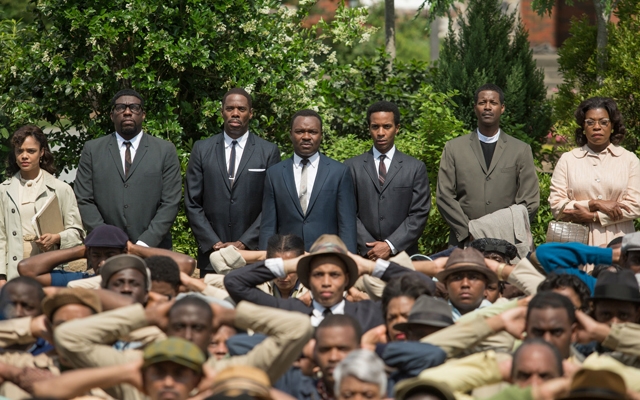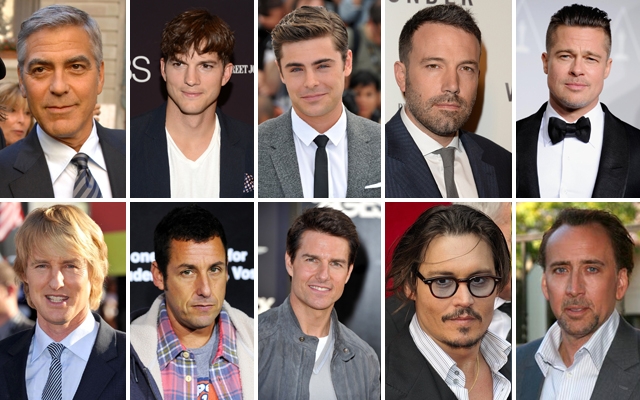Selma is a tremendous movie – and one that everyone should go and see – for a handful of reasons.
Director Ava DuVernay’s cinematic account of the Selma-to-Montgomery voting rights marches packs an emotional punch, as it should – it’s a depiction of a violent, divisive period in the southern United States (specifically Alabama here) and there is no way to do justice to events without showing them to the audience as honestly as possible, even if that means making them winch every so often.
While many will be tempted by the poster to declare this a film about Dr. Martin Luther King Jr., the reality is that it is more about an important moment in time than any individual person that contributed to said moment. Make no mistake, British actor David Oyelowo is powerful and deserving of the critical praise he’s received for his performance, but unlike straight biopics that frame everything around its lead, there is a reason this film is called Selma and it’s because this moment, the issue of voting rights and the larger battle for racial equality was bigger than even a man with as much presence and importance as King.
Screenwriter Paul Webb and DuVernay know that, hold on to that and deliver a much more powerful film as a result.
Additionally, there is no way to watch this film and not think about civil rights battles is covers and not tie it to today. It’s impossible to not watch as the first march across the Edmund Pettus Bridge turns into a storm of tear gas, brutality and violence and wonder how the United States Supreme Court could effectively reverse elements of the Voting Rights Act this film focuses on.
You watch as Jimmie Lee Jackson is tracked to a diner and killed by police after they violently break-up a non-violent march and can’t help but think about Michael Brown, Eric Garner and Tamir Rice.
Approaching the 50-year anniversary of the events Selma depicts, you note the progress and advances that have been made, but also come away knowing that there is still more work to be done and wonder where we as a people will be 50 years hence.
That connection between past and present is summed up beautifully in the song that scores the credits, “Glory” by Common and John Legend. Common, who portrays civil rights leader James Bevel in the film, ties the two periods together in his first verse when he drops “That’s why Rosa sat on the bus/That’s why we walk through Ferguson with our hands up” back-to-back.
It’s a strong line about important events in a powerful song written for a powerful film about important events led by strong people.












